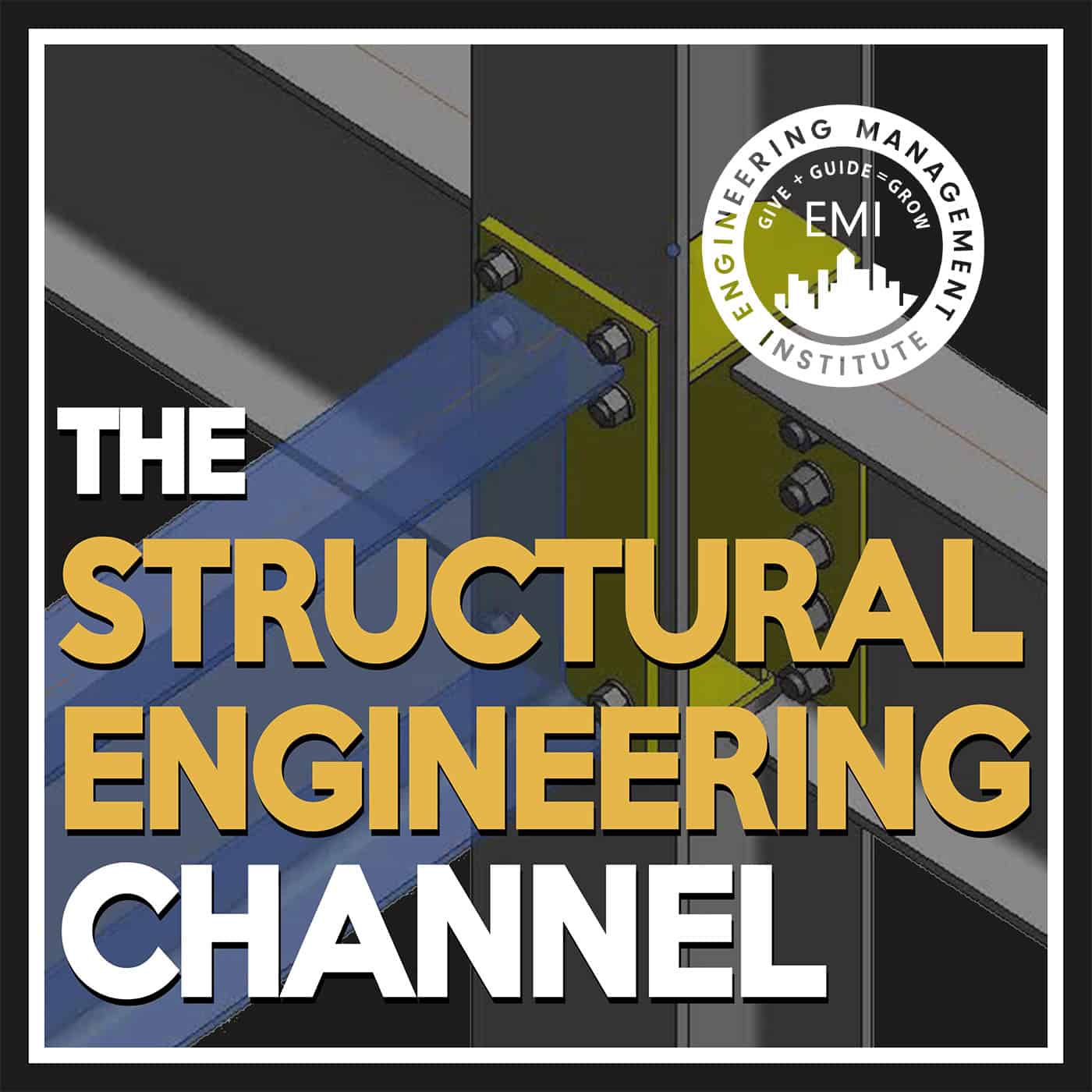TSEC 100: Preventing Future Engineering Failures Through Understanding Complex Systems
Description
In this episode, we have the privilege of speaking with Dr Sean Brady, a renowned forensic structural engineer who has devoted his professional life to understanding intricate systems. Sean emphasizes the significance of considering the interdependencies in complex systems, and how such insights can aid in averting future mishaps. Additionally, he provides insights into the role of peer review in the 2018 Miami Bridge collapse and sheds light on why humans often struggle to grasp complex systems.
***You can view the video version of this episode here.***
Engineering Quotes:
Here Are Some of the Questions We Ask Dr Sean Brady:
Can you provide some background on your experience as a forensic structural engineer and explain how it has informed your work in complexity science?
Would you like to discuss the Miami Bridge collapse of 2018? Additionally, could you describe the concept of complexity science for those who may not be familiar with it, and explain its relevance in understanding complex systems, such as the Miami Bridge collapse?
What are the reasons for human difficulty in comprehending complex systems?
Could you elaborate on examples of complex systems, such as ant colonies or starling flocks?
Can you discuss the interactions among the parties involved in the Miami Bridge collapse and their potential role in the failure?
What is the significance of effective communication and collaboration among the various stakeholders in engineering projects?
How does external pressure impact the technical proficiency and coordination of engineering teams?
How do your podcasts help engineers in their careers?
What career advice would you give to structural engineers who are interested in forensic science?
Here Are Some of the Key Points Discussed About Preventing Future Engineering Failures Through Understanding Complex Systems:
Understanding the human and organizational causes of failure is crucial in preventing structural disasters, as well as failures in other professions. This requires looking beyond the technical aspects and considering the complexities of how people and organizations operate.
What we can learn from the Miami Bridge collapse is the importance of understanding the role of complexity science in structural engineering and organizational failure. The collapse of the bridge was a tragic event that resulted in six fatalities, and while there were design errors that played a significant role in the failure, it is also important to look at the peer review process and how it failed to catch these errors.
Complex systems involve multiple actors and components that interact in ways that are often difficult to understand and predict. Complexity science provides a framework for analyzing these systems and understanding how their different elements work together. By studying the failures of complex systems, like the Miami Bridge collapse, we can learn important lessons about how to design, build, and manage these systems in the future.
Humans struggle to understand complex systems because we have been trained to think about systems in a reductionist way — breaking them down into their separate parts and understanding each part in isolation. However, in complex systems, this approach does not work as emergent behavior arises when the parts are combined, resulting in behaviors that cannot be predicted by studying the individual parts. This gap between understanding individual parts and understanding the emergent behavior of the system is what makes complex systems difficult to comprehend.
The behavior of both ant colonies and starling flocks is the result of simple local rules followed by individual agents or components. By understanding how these agents interact with each other,
More Episodes
In this episode, we talk with Ryan Jeansonne, P.E., civil structural engineer at Titan Delta, who shares powerful insights on mentorship and continuous learning in engineering, inspiring both new and seasoned professionals to take bold, impactful steps in their careers.
***The video version of...
Published 11/14/24
Published 11/14/24
In this episode, we speak with Farshad Mirshafiei, Ph.D., P.Eng., CEO and co-founder of Sensequake, about how advanced technologies are transforming structural assessments and redefining safety and infrastructure resilience in buildings and critical systems.
***The video version of this...
Published 10/31/24


